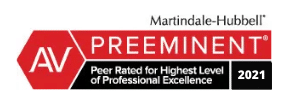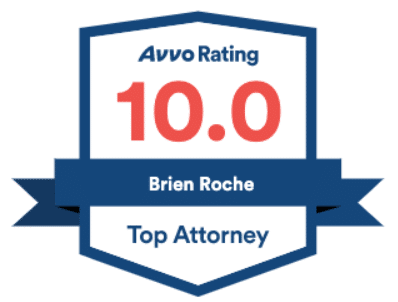Truck Accidents in Northern Virginia
Every U.S. driver knows our roads are loaded with mammoth trucks that occupy the entire lane. These trucks might be called tractor-trailers, 18-wheelers, or semis. Though the truck drivers are experienced, they can sometimes make mistakes leading to serious accidents.
Truck accident lawsuits are hard-fought and complex. Driver error is the most common cause of large truck crashes. Other factors may include the weather, road conditions, and vehicle performance. If you’ve been involved in a truck accident, contact us today for expert guidance.
When we investigate your truck accident, we may request data from the CSA Program, which was designed by the Federal Motor Carrier Safety (FMCS) Administration to identify potentially high-risk trucking companies.
Trucking companies get a rating based on a number of factors and these points may also relate to your truck accident:
- Safety of the driver
- Driver fatigue
- Driver fitness
- Use of drugs or alcohol
- Vehicle maintenance
- Cargo problems
- Number of reported crashes





